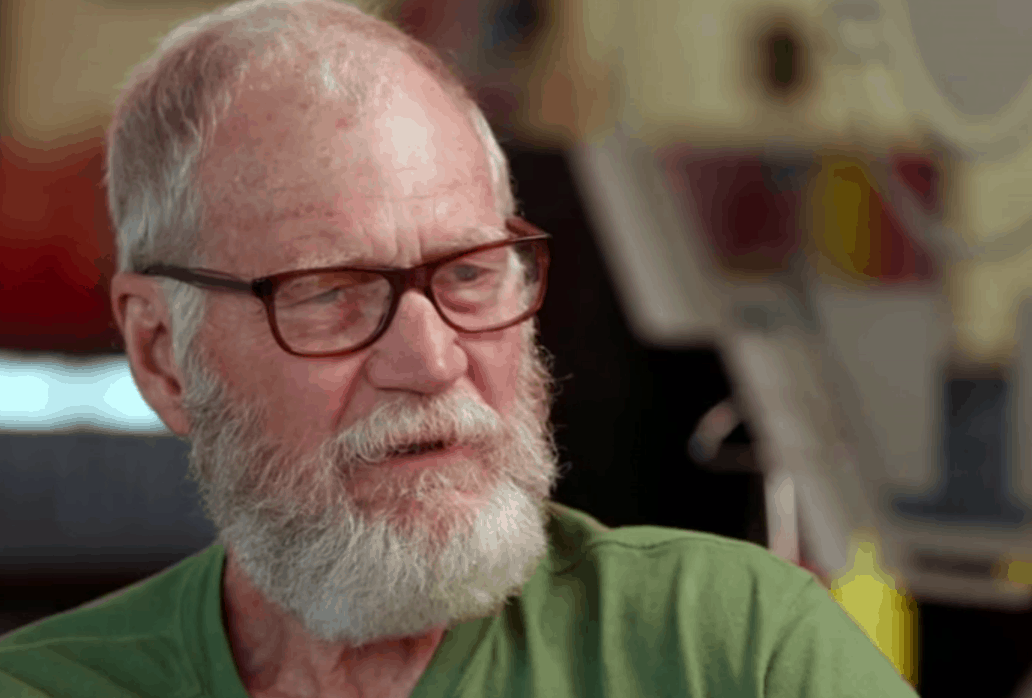
Nabeel Qureshi grew up in a devout Muslim family. But in college, he started exploring the claims of Christianity and eventually decided to convert.
Since then, Qureshi has devoted himself to studying Christian apologetics and writing and speaking about Islam and Christianity. In his latest book, Answering Jihad, Qureshi addresses many of the big questions he’s heard American Christians asking after attacks like those in Paris, San Bernardino and Brussels. He says he wanted to help give people a context to understand what Islam is, who Muslims are, what is driving radical militant groups like ISIS and Boko Haram.
“Unless we figure out what’s going on on this basic level, I don’t think we’ll be able to respond appropriately as a nation on policy issues,” he says.
We talked to Qureshi about what the Quran teaches about violence, why Muslims are being radicalized and why Christians need to befriend their Muslim neighbors.
One of the questions you address in the book is whether Islam really is a religion of peace. Is it?
Although the vast majority of Muslims might be peaceful people, when you say “Islam is a religion of peace,” you’re talking about the system or the religion from its inception. Apart from the first 13 years that Muhammad claimed to be a prophet, you don’t really have any history of Islam that was devoid of violence. The moment Muhammad was able to start fighting, he started launching battles at a rate of nine battles a year until he died. And then after he died, Muslims conquered one-third of the known world—from the shores of the Atlantic to India.
So from the very beginning of Islamic history, violence has been quite present. So what do we mean when we say Islam is a religion of peace? The only way that could possibly mean something true is if we say Islam somehow brings peace to a person, but that’s not the way the slogan is being used.
It seems like if you look at the Old Testament, you could argue that Christianity and Judaism have been pretty violent religions, as well. What would you say to people who say Christianity is violent, too?
Christians as a force did not fight for hundreds of years until after Jesus. Jesus Himself, when He was being arrested unjustly, told His men to put away their swords because “He who lives by the sword will die by the sword.” At no point do we see Jesus carrying a sword in the Gospels, and at no point does He command violence.
So it’s really hard to say something like “Christianity is violent” unless you assume that the actions of crusaders or people who claim to be Christian reflect on the religion, and I don’t think they do.
When it comes to Islam, I’m not saying “Look how violent the terrorists are, therefore Islam is violent.” That would be poor reasoning. What I’m saying is the foundations of Islam—I’m talking about the Quran and the life of Muhammed—are very violent. Islam can be formulated in non-violent ways, but to do so, you have to depart from its foundations, as many Muslims do.
When it comes to Christianity, it’s a completely different picture. Now, the slightly problematic issue would be the Old Testament where God does command some violence. It’s not as much as people think. Most of the violence in the Old Testament was not commanded but simply recorded, but there were a few battles that were commanded. What we see though, in Deuteronomy 9 and 11, for example, is that this was judgement—the judgement of God coming upon a small group of people relative to all the people that existed. It was just a small group, and it was for a specific time, and they had been given 400 years to repent.
This is very different from what we see with Islam. With Islam, there’s no limitation to who can come under Jihad. It’s not a judgement for sins, it’s an establishment of the superiority of Islam, as we see in chapter 9:33 of the Quran. So it’s a totally different ballgame, especially if you’re comparing it to Christianity.
Does it seem to you like there are more Muslims being radicalized with ISIS gaining power than there used to be?
Oh, absolutely. You’ve got thousands of Europeans who are going to Syria and Iraq to fight on behalf of ISIS. We don’t know exactly how many, but numbers have estimated over 5,000 non-Syrians and non-Iraqis have gone to fight. Why is that?
In my book, I explore the fact that people have greater access to the foundational texts of Islam. People can read the Quran very easily now. They didn’t used to necessarily be able to do that. People can read about Muhammad’s life just by going on the Internet. In the past, you’d have to ask your imam, you’d have to travel somewhere to a religious library. But since they are now seeing these things directly, they’re getting affected by them directly.
Muslims are coming to a three-prong fork in the road where they’re being confronted with the reality of violence in Islam, and they can either react to that violence by ignoring it and becoming nominal Muslims, abhorring it and becoming apostates or embracing it and becoming radicalized. We’re seeing all three of those groups grow: radical Muslims, nominal Muslims and Muslim apostates who are leaving Islam because they’re interacting, they’re encountering the violent reality of Islam.
So do you think there’s any foundation to all the different fears the U.S. has and politicians wanting to keep Muslim refugees out?
Well, it’s a polarized response. You have two responses I’m seeing in America: You have the people saying, “Islam is a religion of peace. All Muslims are peaceful, loving people. ISIS and the like are hijacking Islam and not representative of Muslims.” I like that response in that it’s compassionate, but I don’t like how it ignores some of the truth. On the other side of the equation, you have people who are saying, “Islam is a violent religion, therefore all Muslims are all threats, therefore let’s keep them out of the country.” That’s a problematic response. It’s completely uncompassionate. It doesn’t distinguish between people and a belief system. But it does at least deal with the truth about Islam. So the title of my book, Answering Jihad: The Better Way Forward, the better way forward is embracing both truth and compassion, truth about Islam but compassion for Muslims.
If we want to know how to respond, if we want to understand what the security risk is, both internal and external in the United States then we need to understand the reality, we need to understand what Islam is versus who Muslims are, otherwise we’ll just get caught up in this rhetoric.
Is there anything Christians as individuals can do to combat this radical version of Islam?
I think we can start by being proactive. People seem to be very, very afraid of Muslims. [But] Jesus would reach out to people even if it cost Him his social status. He would reach out to people who other people would not reach out to. We as Christians are called and equipped to reach out to Muslims, to embrace them, to make friends with them. These people who are becoming radicalized are coming out of our neighborhoods, they’re coming out of our cities. If we befriend them and embrace them and love them such that when they’re wrestling with these issues of radicalization, we are there and able to talk to them about it, that will be a great hindering factor from them being radicalized.
Step two, I think, is letting Muslims see that Christians actually do love them. There’s a tremendous “us versus them” mentality amongst Muslims, and part of that has to do with the way Islam is set up. They see Westerners as Christians. They see the police, the military, the diplomats as Christians. So all these negative motives, all these negative events—even the drone bombings and attacks in the Middle East, what Israel is doing—they’ll impute all of that to Christianity.
If they see Christians loving them and reaching out to them and perhaps embracing refugees, then they might realize before they get radicalized that perhaps the Islamic narrative of who Christians are is wrong. I just suggest we be proactive, we reach out to Muslims, even refugees who are coming, teaching them English, teaching them how to drive, teaching them about the customs of our nations. And in so doing, I think we will do a great deal to hinder the progress of radical Islam.






















